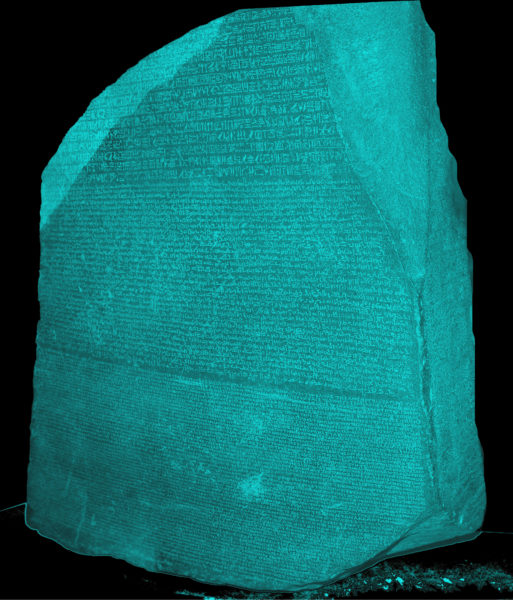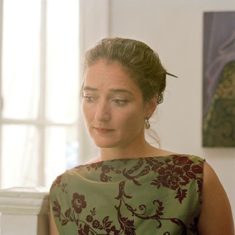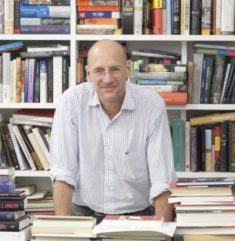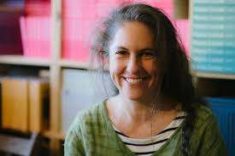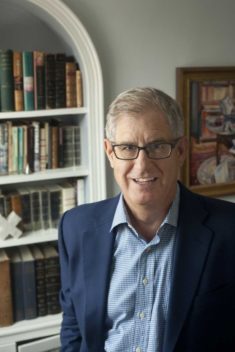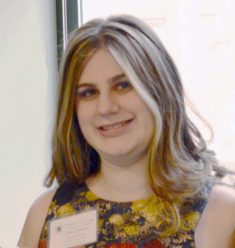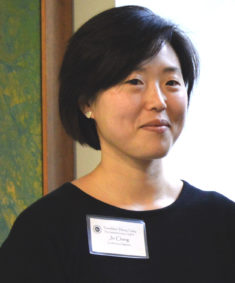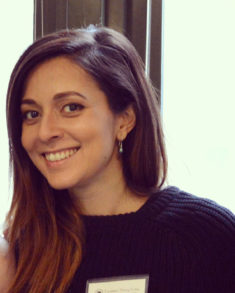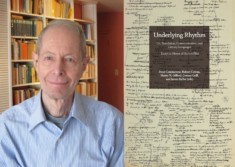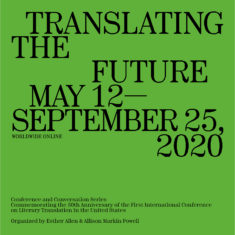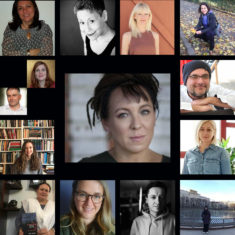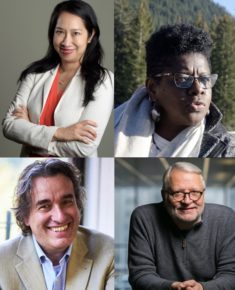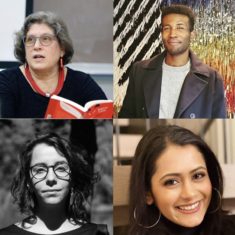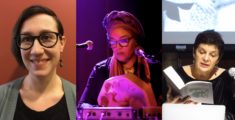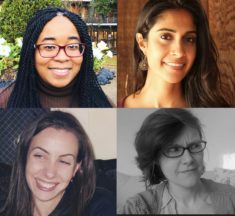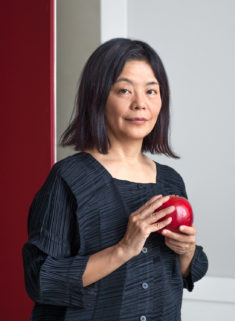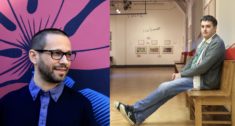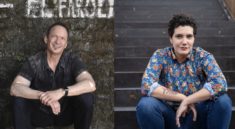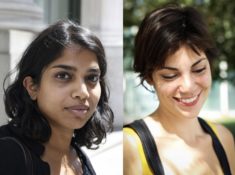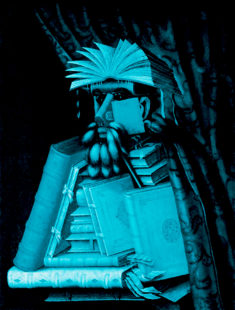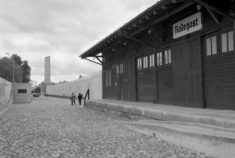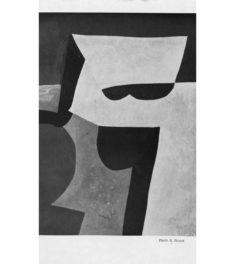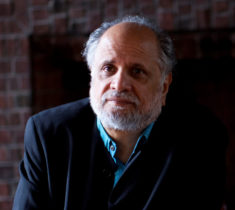About the event
The fifth annual interdisciplinary conference on Critical Theory, this event will examine translation theory through a wide range of disciplines and theoretical approaches, including literary theory, psychoanalysis, identity theory, semiotics, philosophy, social theory, cultural studies, postcolonialism, gender studies, and political theory.
Literally meaning “carried across,” translation facilitates the movement of ideas among individuals, cultures languages, time periods, and geographic boundaries. Since antiquity, scholars have questioned translation’s ability to preserve meaning across languages and debated whether the successful translator should provide a word for word conversion of the original or adapt the source material to fit its new context and, in so doing, take on an authorial role. The globalization of the present era has highlighted how translation fosters communication while emphasizing cultural differences and disparities, simultaneously illuminating and distorting meaning. In the liminal space between the spoken and the unspeakable, translation serves as an adaptive tool that facilitates the development of new social memories and historical narratives. This conference will employ Critical Theory to examine all aspects of translation—its history, evolution, practice, and effects on language, identity, culture, and society—in order to interrogate the functions of and standards for a successful translation.
Thursday, May 5th, 6:30pm: Keynote lecture by Edwin Frank
Friday, May 6th, 11:30am: discussion with Barbara Epler, Jonathan Galassi, and Jill Schoolman
Friday, May 6th, 6:30pm: Keynote lecture by Homi Bhabha. [This lecture requires RSVP. To reserve seats, click here. For more information, click here.]
For further information about the Translation Theory Today Conference, please visit the website here.
Cosponsored by the Critical Theory Certificate Program, Office of Public Programming, Writers’ Institute, the Comparative Literature Department, the Doctoral Students' Council, the Sociology Department, and the Advanced Research Collaborative (ARC) at The Graduate Center, CUNY.
